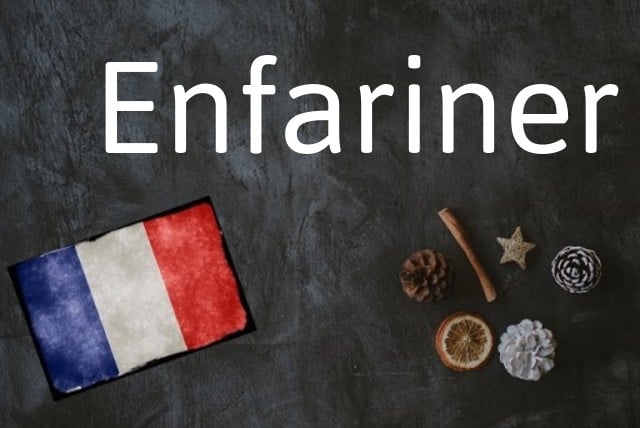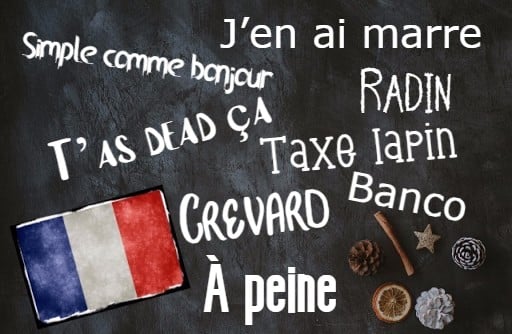Why do I need to know Enfariner?
Because it seems to happen a lot lately, especially to politicians.
What does it mean?
Enfariner comes from the French la farine – flour – and it means sprinkling flour or white powder over something.
It can be used when you cook but also when you apply too much make-up powder on your face.
More recently, it was used a lot to describe politicians who had flour thrown over them.
This weekend, far left presidential candidate for 2022 Jean-Luc Mélenchon had flour thrown in his face as he was talking to reporters during a march against extreme right-wing ideas.
Jean-Luc Mélenchon enfariné pendant la manifestation dite «des libertés» à Paris pic.twitter.com/N9j8t5FoPp
— CNEWS (@CNEWS) June 12, 2021
Former environment minister François de Rugy was also enfariné last Friday while he was campaigning for the regional elections in Nantes in western France.
But enfariner also has a different, less literal, meaning. It is derived from Se faire rouler dans la farine, a very typical French expression which means to be fooled.
Use it like this
Je me suis encore fait enfariner ! – I got fooled again!
As-tu bien enfariné le plat avant qu’on verse la pâte dedans ? – Did you sprinkle enough flour in the dish before we pour the mixture in?
Tu t’es encore enfarinée le nez ! – You put too much powder on your face again!
Le politicien s’est fait enfariner le week-end dernier – The politician had flour thrown over him last weekend.
Synonyms
Se faire duper – to be fouled
Saupoudrer de la farine – Sprinkle flour



 Please whitelist us to continue reading.
Please whitelist us to continue reading.
Member comments